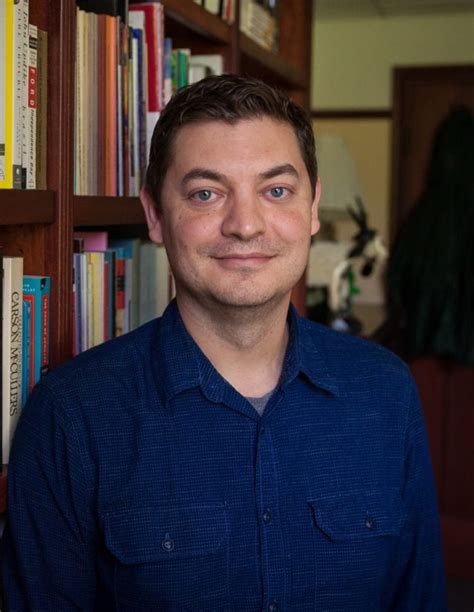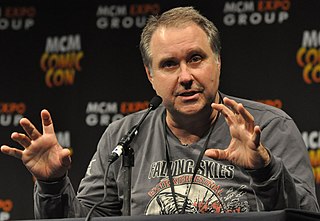A Quote by Kevin Macdonald
I like to take a little of what I learned in fiction and apply it to documentary and vice versa.
Quote Topics
Related Quotes
Memory is like fiction; or else it's fiction that's like memory. This really came home to me once I started writing fiction, that memory seemd a kind of fiction, or vice versa. Either way, no matter how hard you try to put everything neatly into shape, the context wanders this way and that, until finally the context isn't even there anymore... Warm with life, hopeless unstable.
The Western press has always insisted that India was Pakistan's enemy and vice versa, that the Hindus were against the Muslims and vice versa. They've never said, for instance, that my party has been fighting this attitude ever since we have maintained that religious hostilities are wrong and absurd, that minorities cannot be eliminated from a country, that people of different religions must live together.
It's difficult to make movies. For me it was easier, as a refugee in Switzerland, to make documentary films, because I didn't need a lot of money for it. The way I tell my story or my opinion would be very similar in both fiction and documentary forms. But I found I could speak more effectively to convey this brutal reality through documentary than I could through fiction.
When judging a horoscope, it is of prime importance that we take into consideration the social and racial standing of the individual, for configurations which are of great significance in the horoscope of an educated Caucasian may mean little or nothing in the figure of a Chinese Coolie and vice versa.
I suppose that literature as it is won't die, science fiction included. But games are becoming an extremely important part of the science fiction world, including games that are adapted from books (or vice versa: books that are adapted from games). It's wonderful to have the opportunity to play and see your favorite characters on the screen, but the opportunity to read a book does not become less attractive.






































